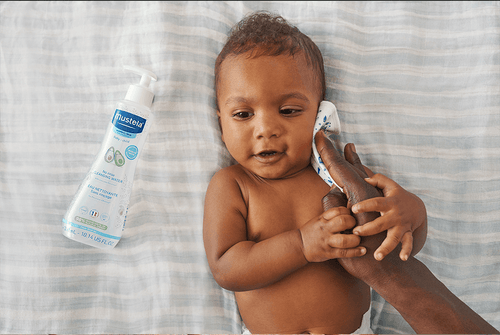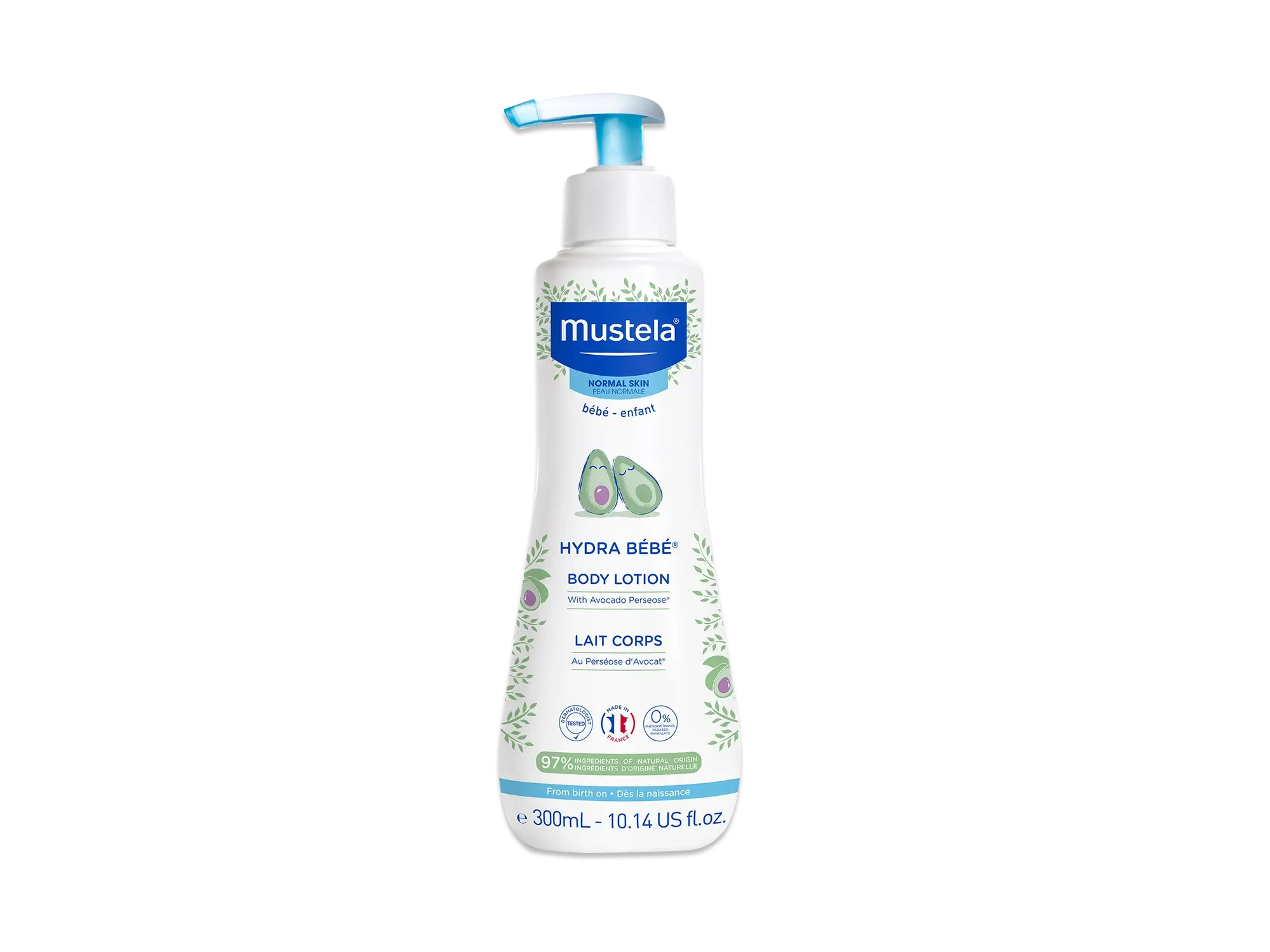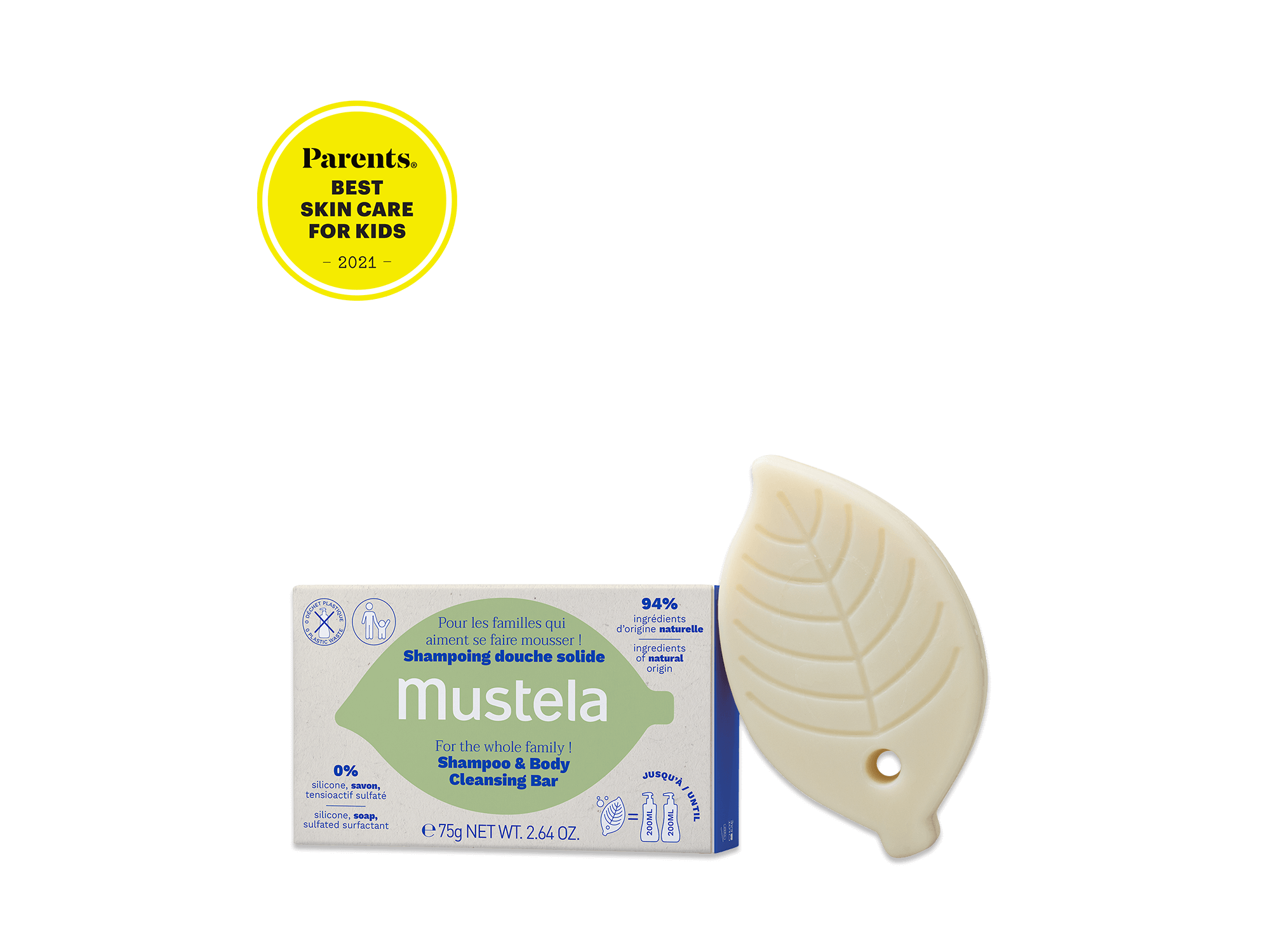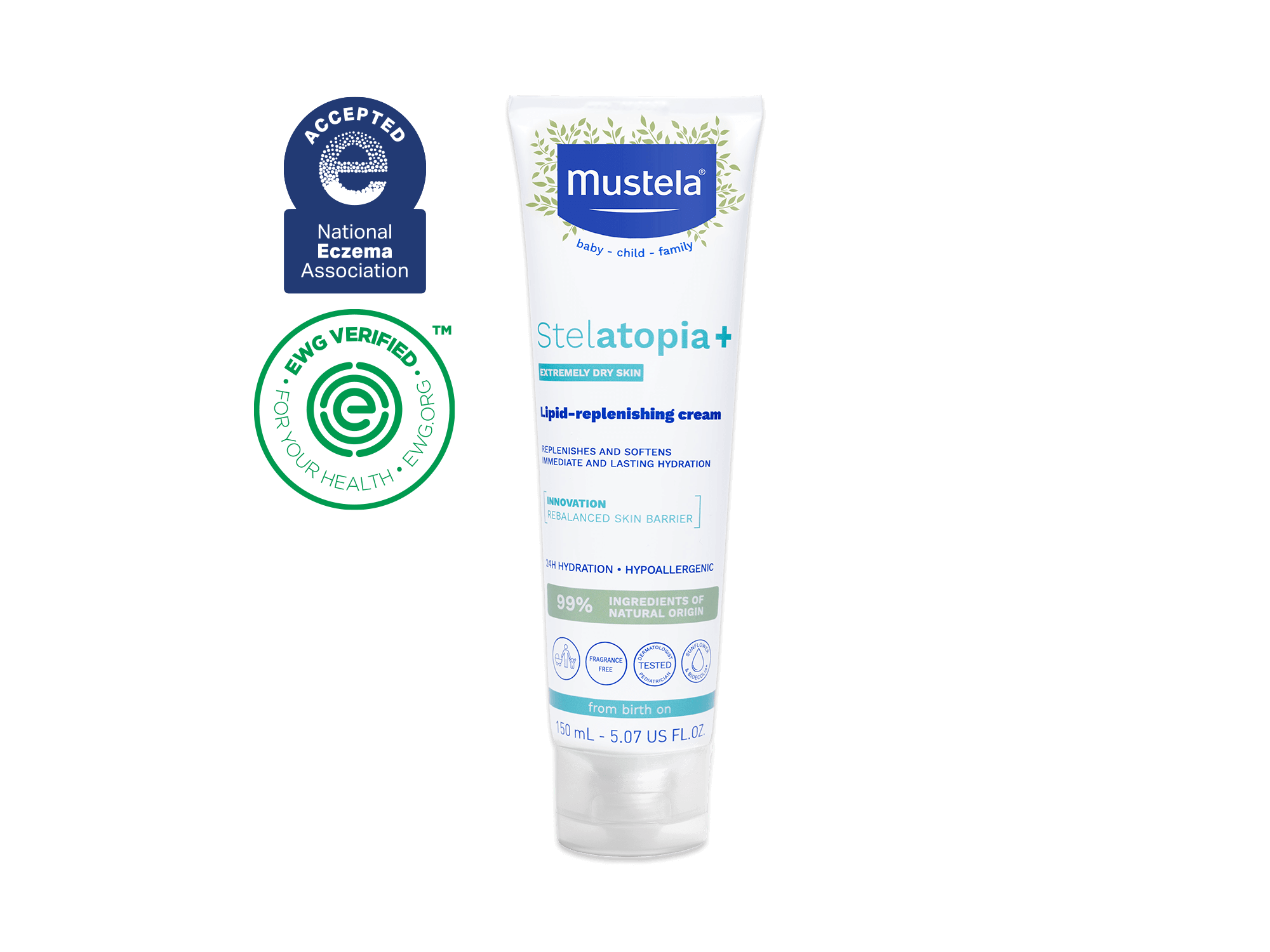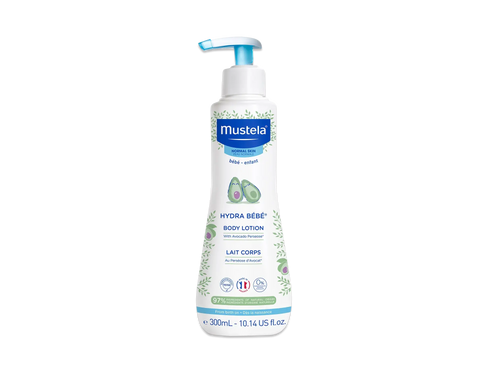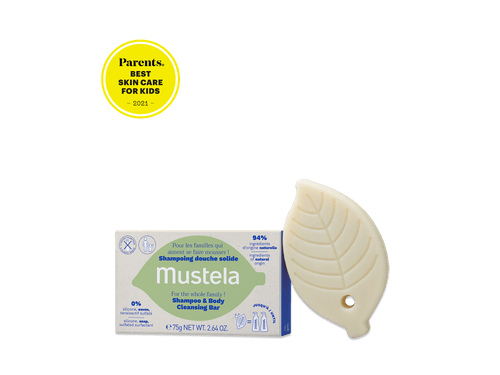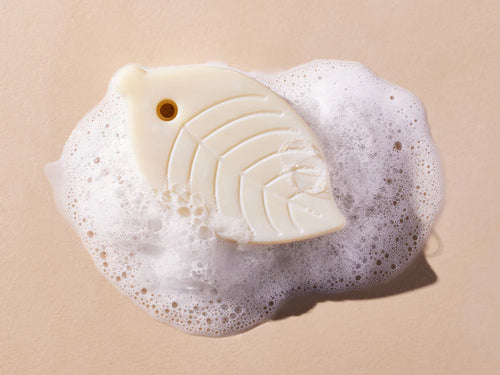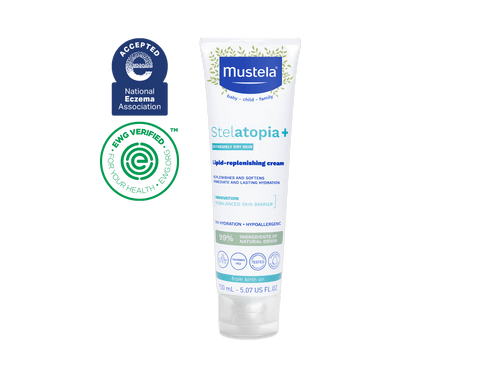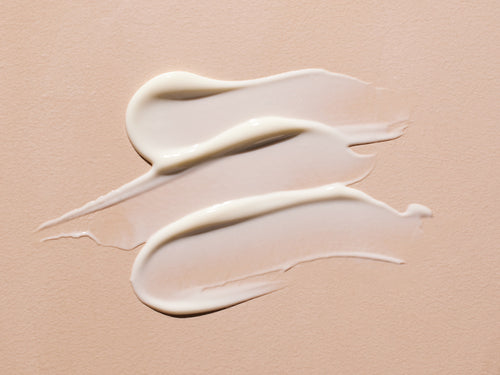It’s amazing to watch your baby grow, isn’t it? To see them smile at you for the first time. To watch them roll over. To feel them grip your finger and wrap their little arms around your neck.
What a wonderful gift! And to think, it’s already been 7 months. Where has the time gone?
At this point, you likely have your routine down, but some questions may still linger. Specifically, what can you expect from your 7 month old baby?
What are the next developmental milestones? And will any of your baby’s habits change in the next few weeks?
In this article, the baby experts at Mustela will answer those questions and tell you everything you need to know about caring for your 7 month old baby. We’ll discuss such topics as:
- Your baby’s development
- Your baby’s senses
- Your baby’s motor skills
- Your baby’s feeding habits
- Your baby’s sleeping habits
We’ll also cover immunizations, general childcare tips, and when to visit the doctor.
Caring For Your 7 Month Old Baby

Your baby has come a long way in the last seven months, and you may feel like you’ve seen it all. But their growth and development are only going to accelerate, and there are still some exciting milestones yet to come.
Your 7 Month Old Baby’s Development
Weight
At this point in your 7 month old baby’s development, they will have doubled their birth weight (or at least come pretty close). That said, don’t be alarmed if your baby is more or less than double their birth weight. This is just a general guideline.
Every baby is different. If your baby is eating their fill at every meal and you’re giving them plenty of love and attention, their weight shouldn’t be an issue.
Clothes
Right around the seventh month, your baby will have grown enough that it may be time to dress them in the next larger clothing size.
You don’t want your baby to be uncomfortable in too-small clothes, so invest in some new onesies, pants, and shirts.
Teeth
At the same time, your baby’s teeth will continue to emerge. This can cause irritability and changes in sleep habits.
Sometimes it’s hard to know if your baby is teething or if they’re coming down with something like a cold or infection. Most of the time, your baby won’t have a fever when they have a tooth coming in.
If you’re noticing the following symptoms in your little one and they don’t have a fever, they’re probably cutting some teeth:
- Drooling
- Fussing more than normal
- Interrupted sleep
- Chewing on their hand or anything they can grab onto
To alleviate the pain of teething, be sure to have a toy on hand at all times for them to gnaw on. You can also give them a cold washcloth or teething mitten to soothe gum discomfort.
And make sure to brush their teeth daily with a toothbrush and water when that tooth finally comes in!

Facial Expressions
At seven months, your baby’s nonverbal communication is improving.
They can now make a variety of facial expressions to communicate how they feel, and they may even be able to understand how you feel from your facial expressions.
Memory
Another major development that often occurs around the seventh month is the emergence of the object permanence concept.
Your 7 month old baby’s memory has improved enough that they start to realize that people and objects still exist even when they’re hidden from view.
Be prepared, because this can sometimes lead to separation anxiety. But this is where playing peek-a-boo with their toys comes in handy.
With peek-a-boo, you’re introducing your little one to object permanence and showing them that just because they can’t see the toy doesn’t mean it doesn’t exist.
As part of their memory development, your baby can also recognize familiar faces and respond to strangers — enter: separation anxiety.
Even if you can’t see friends or family members, get creative with ways to help your baby remember these special loved ones. Show them pictures every day and say their name. Let your baby look at the picture until their interest is no longer sparked.
Have a video chat with loved ones so your baby can see and interact with them. They can also hear their voice and try to babble as a response to what they’re hearing and seeing.
Do this on a daily basis so your baby is familiar with other people won’t think loved ones are strangers.
If your immediate family are the only people your baby knows, separation anxiety will be even worse. This will make it hard for you to get away for a date night or go off with friends.
Your 7 Month Old Baby’s Senses

Your 7 month old baby’s body isn’t the only thing that’s changing. Their brain and their senses are developing too.
Sight
By now, your baby can see across the room and their eyesight is almost as good as yours! Engage your baby’s sense of sight by giving them bright-colored toys to play with. Use toys and stuffed animals with different textures.
You can also place your baby in front of a mirror. They’ll love looking at themselves in the mirror and become fascinated and curious about how there are two of them!
Use different touch-and-see or lift-and-see books to further engage your baby’s senses. They can explore all the different colors and pictures.
With the lift-and-see books, you can play a version of peek-a-boo with your baby to get them involved, engaged, and having fun!
Hearing And Language
Your baby is also starting to understand the language around the seven-month mark.
They’ll be able to respond when you say no, and they will likely react to their name being called. Additionally, they’ll be able to make a variety of their own vocal sounds.
You’ll notice your baby will acknowledge your speech by trying to speak and put sounds together on their own. At this point, their speech is made up of babbling and sounds like “m” or “b.” Your baby might even say “da-da-da-da-da” or “ma-ma-ma-ma-ma!”
What’s even more amazing is that your seven-month-old can also recognize basic words like “hi” and “bye-bye.”
To encourage the development of your little one’s communication, make playtime a regular part of their day. Stimulating, sing-song games like “Itsy-Bitsy Spider,” “Peek-a-Boo,” and “This Little Piggy” are ideal for playtime.
Now is also a good time to introduce books with sounds if you haven’t done so already. Your baby may have fun trying to mimic the sounds in the book!
Your 7 Month Old Baby’s Motor Skills

Sitting & Reaching
As your baby’s body and brain continue to grow, motor skills get stronger and more coordinated. By seven months, your baby may be able to sit unassisted and even reach for and pick up toys.
Encourage these fine motor skills by placing toys just out of reach so that your little one has to move and work to get their favorite stuffed panda.
Mobility
Your 7 month old baby is also more mobile now. They’ll soon be creeping, scooting, rolling, and crawling their way around the room. Promote this movement by scattering a few brightly colored items around the room to draw their attention.
Expert tip: With your baby on the move, now’s the time to baby proof your house if you haven’t done so already.
Toys To Encourage Movement
Your little one has always been curious, but now you’re starting to see just curious they really are! With your baby becoming more mobile by the day, they need some toys that will encourage movement.
They need toys that will help strengthen their muscles and prepare them for the big day when they start walking!
It’s easy to get bombarded and overwhelmed with baby toys. Maybe your playroom or living room is covered with toys right now.
Take inventory and see if your baby has the following toys that encourage the right type of movement:
- Toys with wheels that your baby can push around while crawling
- A ball that your baby can roll with their hands or feet
- Musical toys that get your baby moving and grooving
- Toys that will help your baby pull up and stand up, like an activity table (this will help strengthen and prep their leg muscles for walking)
Coordination
With the increase in your baby’s coordination, they’ll soon be able to hold and drink from a cup, and maybe even hold and eat with a spoon.
You can encourage independence and development by always having a sippy cup and a small plastic spoon nearby at mealtimes.
Your 7 Month Old Baby’s Feeding Habits

As your 7 month old baby grows new teeth, they’ll be able to handle chunkier foods. Switch to mashed fruits and vegetables instead of pureed, and introduce some new foods that your baby hasn’t tried before.
Your baby can have anywhere from four to nine tablespoons of cereal (helps your baby’s brain development!), fruits, and veggies (especially butternut squash and sweet potatoes) and one to six tablespoons of meats, like eggs, chicken, or fish.
Introduce your baby to new foods and textures and make sure their plate is colorful. Colorful foods equal healthy foods! Plus, these foods will catch their eye and the colors will be more appealing than bland-colored foods.
In addition to trying baby food, your baby is likely also still nursing four to six times per day or having four to six bottles of formula, which is about 24 to 30 ounces per day of breastmilk or formula.
So your baby’s primary source of nutrition still comes from breastmilk or formula.
The seventh month is a time of transition for the coming months when your baby will flip-flop and have foods as their primary source of nutrition.
Mealtime
As part of your little one’s feeding routine, you can now introduce a sippy cup to your baby at meals and snack time.
When your baby uses the sippy cup, it helps them adjust and eventually transition from a bottle to a cup. This teaches your baby the correct way to drink.
And now that your baby is eating solids, sit them in their highchair and scoot them up to the table with their food and sippy cup.
Give them food at the same time you would eat your breakfast, lunch, and dinner. They should eat when you eat. It’s setting the stage for family mealtimes in the future. It’s a family event!
Food Allergies
Your baby can get a touch of eczema after trying certain solid foods, but sometimes it can be hard to isolate the source.
To give their skin some TLC, try some of our products that specifically target your baby’s eczema.
For example, try our Stelatopia Cleansing Gel to give your baby’s skin a hydrating barrier to keep it moisturized and soothed.
Then follow-up with our Stelatopia Emollient Cream to soothe any of your baby’s skin discomfort. But it doesn’t have to just be used after you bathe your baby! Use it twice per day to care for your baby’s eczema-prone skin.

Additionally, wait three days between introducing new foods. This way, you can really get an idea of how your baby’s body reacts, like if they have any excessive bowel movements or new rashes over the next few days.
Important note: When you decide to give your baby a new food, watch for signs of a food allergy. Common allergic reactions include:
- Diarrhea
- Vomiting
- Rash
- Wheezing
If an allergic reaction occurs, stop giving your baby the new food and visit a doctor.
Your 7 Month Old Baby’s Sleeping Habits

Some babies will start sleeping through the night after you introduce solid foods at six months. Others may still wake up several times a night. Both are perfectly normal.
On average, your seven month old baby will sleep about 11 hours at night — hopefully that’s 11 straight hours!
But like we said, sometimes babies at this age still wake up in the middle of the night for a feeding, especially if you’re nursing.
In addition to your little one’s 11 hours of sleep at night, they’ll probably take two naps a day. These naps combined will add up to about three to four hours of sleep, which means each nap will be about an hour and a half long.
Your baby’s sleep patterns may change drastically around the seventh month because they’re undergoing a growth spurt. They’re also suffering from teething pains, which can interrupt a solid night’s sleep as well.
If your baby was sleeping through the night at five or six months and now suddenly wakes up every few hours, don’t panic. Once the growth spurts and teething are over, your little one should return to their normal sleep schedule.
Remember, sleep is prime time for your baby’s growth, which is why during those growth spurts we mentioned you might notice them sleeping for longer stretches during the night and taking long naps during the day.
This is why it’s so important to stick with a sleep schedule, meaning a daily routine for their bed and nap times.
Having a predictable daily schedule will also help you plan your own sleep patterns!
Your 7 Month Old Baby’s Immunizations
There are no immunizations needed at the seven-month mark. But to help keep your baby happy and healthy, be sure to wash their hands throughout the day, especially before meals and snacks.
It’s also important to wipe down their toys with a cleansing wipe every few days.
General Childcare Tips

Skin care is also essential during your baby’s seventh month. Your little one’s skin is developing and growing, and it’s susceptible to skin conditions like:
- Eczema
- Baby acne
- Cradle cap
- Dry, peeling skin
To treat and prevent these conditions, always use baby-friendly skin care products made with natural ingredients, like Mustela’s. It’s also important to use gentle products during bath time, including:
These safe, gentle products will keep your 7 month old baby’s delicate skin soft, smooth, and healthy.
When To Be Concerned

All babies develop differently, and your doctor will let you know if there’s any reason to be concerned during the six-month well-baby visit.
But if your little one starts to exhibit the following behaviors, talk to your doctor right away:
- Does not respond to sound
- Flops head when pulled into a sitting position
- Does not actively reach for objects
- Only reaches for objects with one hand
- Has trouble getting objects to mouth
- Does not bear their own weight when you pull them into a standing position
- Shows no affection for you or your partner
- Shows no enjoyment around people
- Shows no interest in games like peek-a-boo
- Does not laugh or squeal
- Does not smile without prompting
And, of course, there is always the possibility that your 7 month old baby will come down with a cold. There’s no need to visit your doctor at the first sign of sniffles; you want to give your baby’s immune system time to work.
However, if your child develops any of the following symptoms, visit a doctor as soon as possible:
- Not feeding
- Hasn’t needed a diaper change in six hours
- Making strange noises while breathing
- Fever of 102 or higher
- Fever lasts longer than 72 hours
- Persistent cough
- Runny nose that doesn’t get better
Any of these signs could be an indication that something else is going on.
Remember that every baby develops at their own special speed. Some babies may zoom past these milestones in their sixth month. Other babies may wait until their eighth month to exhibit these behaviors.
The development timing isn’t crucial, but your love and affection are. So shower your little one with plenty of hugs and kisses as you watch them grow!
Caring For Yourself
By seven months, your baby is becoming more independent. This is a great opportunity to take some time for yourself!
Schedule an appointment at the hairdresser or get a Manicure/Pedicure at the local spa. Taking a bit of time for yourself once in a while will make it easier to give your child the attention they need.
One additional thing we want to discuss is postpartum depression. We know what you’re thinking: Doesn’t that happen right after birth? Yes and no.
For some women, postpartum depression can hit immediately after delivery, others a few weeks later, and for some, it can show up once you’re not nursing your baby as much.
If you're having unexpected thoughts and feelings of depression, anxiety, or rage during this time of transition, reach out and discuss your struggles with your doctor.
Your 7 Month Old Baby In A Nutshell

At seven months old, your baby is getting used to solids, but you still need to watch for signs of allergies. They’re rocking this whole sitting-up thing and are really getting involved in their surroundings.
Your little one is probably getting ready to crawl and is very active at this point. Your baby is on and so are you! It’s amazing to watch their senses develop as they explore and discover new things every single day.
Your baby is growing daily, so take care of their growing skin daily. Give their skin the TLC it needs by trying Mustela’s best sellers.
At seven months old, you’re giving your baby’s skin the foundation it needs to stay healthy and hydrated!

